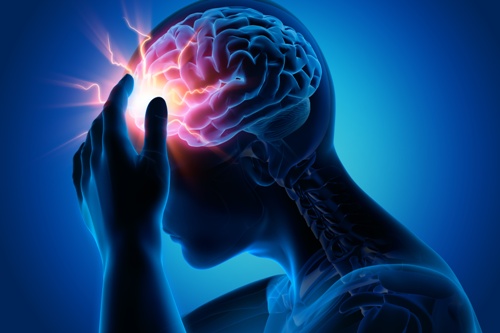|
Cognitive Disorders
What Is Cognition?
Cognition is a mental process that means we are able to think, make decisions and remember. Cognition is believed to be entirely unique to humans, meaning that cognitive disorders are also unique. Unfortunately, cognitive disorders may be unique but they are also serious problems that can be difficult to combat once they have taken hold of a person. Dementia and delirium as well as Huntingdon's are among the more common forms of cognitive disorders.
Typical Cognitive Disorders
Dementia and other forms of cognitive disorders are much more common in old age. While it is natural to experience some minor loss of cognitive functions as we age, dementia and cognitive disorders in general are not a normal part of the aging process and should not be dismissed as such. Some forms of cognitive disorders are reversible, however, others can only be slowed and not reversed completely. The early diagnosis and early treatment or prevention is paramount to the success of any method of treatment. forms of cognitive disorders are much more common in old age. While it is natural to experience some minor loss of cognitive functions as we age, dementia and cognitive disorders in general are not a normal part of the aging process and should not be dismissed as such. Some forms of cognitive disorders are reversible, however, others can only be slowed and not reversed completely. The early diagnosis and early treatment or prevention is paramount to the success of any method of treatment.
Causes Of Disorders
The causes of some cognitive disorders are still not known. A lot of research, for instance, is being conducted into the causes of Alzheimer's but scientists are still unable to give any firm reasoning behind the onslaught of this powerful disorder. The same is also true of some forms of dementia. However, a number of other cognitive disorders can lead to dementia eventually and that is one of the reasons why it is so important to seek help as early as possible.
The Successful Treatment Of Cognitive Disorders
Treatment usually consists of a combination of medication and psychological treatment. Help should be sought as early as symptoms begin to show. Typical symptoms include memory loss, a loss of language abilities and a loss of concentration. While some levels of forgetfulness can be associated with tiredness, illness or medication, heightened levels of any of these problems can usually be linked to cognitive disorders.
|